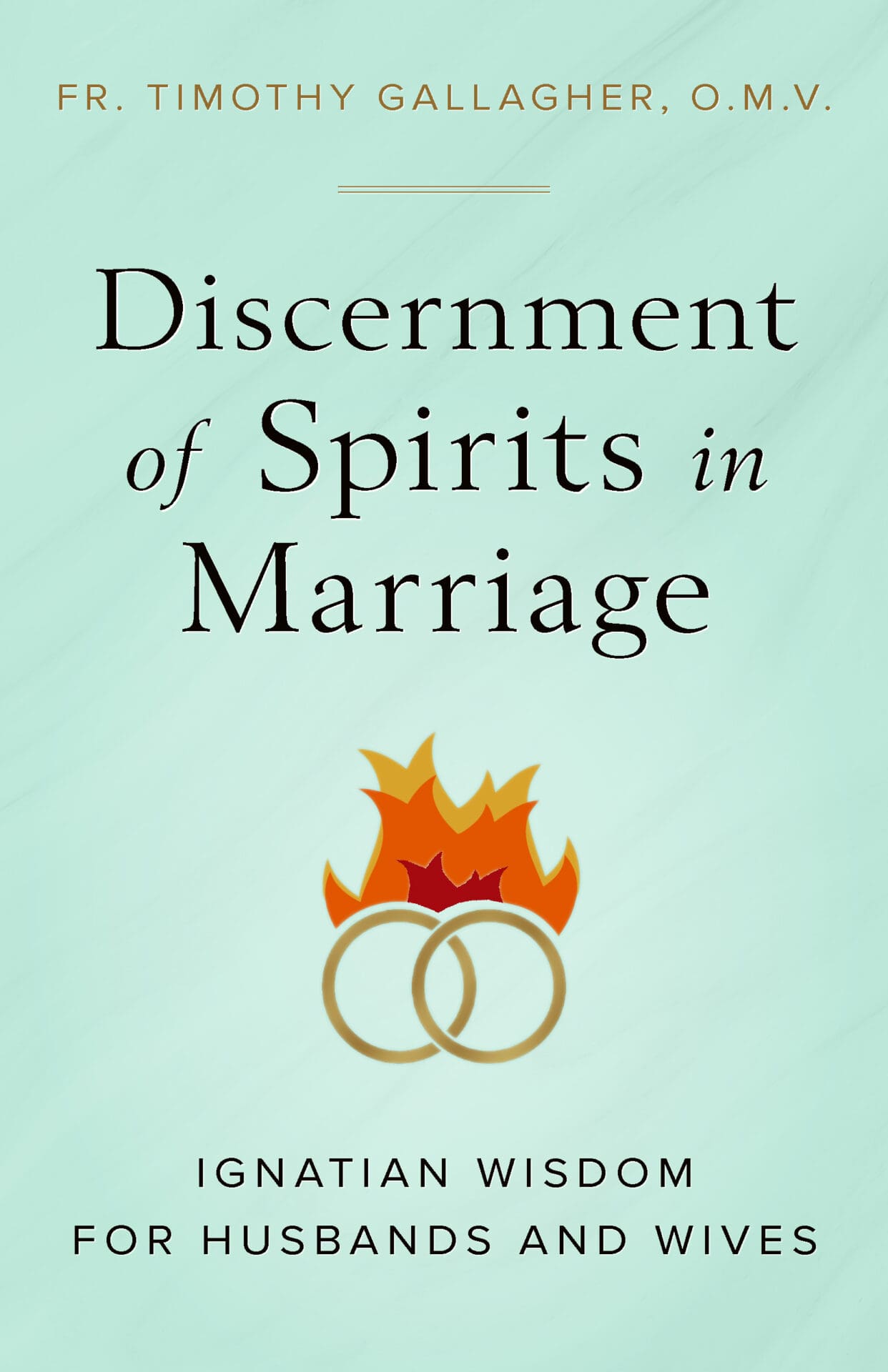On Wednesday evening, the church was full. Mark realized that others, too, knew and appreciated Father Reed. After an opening hymn, Father Reed walked to the pulpit. His steps were slow, and Mark saw that he had aged. His hair was white, his hands trembled a little, and he was thinner than Mark remembered him. He seemed tired.
But when he spoke, he was the Father Reed that Mark had known years before. A warmth emanated from him, a depth of faith, a care for the people before him. He radiated the peace that arises from suffering and a long life of fidelity. The church grew quiet, absorbing his words. Time passed rapidly.
Father Reed finished his talk. The pastor stepped to the pulpit and thanked him. The choir led a final hymn, and people rose to leave. Anne, too, stood to go. Then she noticed that Mark had not moved. He sat, silent, immersed in thought. Anne resumed her place and waited a few minutes, respecting his silence.
Finally, she said, “Mark, what is it?”
Mark looked at her. “I always knew,” he said slowly, “that God could be served. I’ve been trying to do that for some time. But I never knew, really knew, I mean, that God could be loved. I learned that from Father Reed this evening.”
“What did you learn?” Anne asked.
“I think I’ve always been afraid of God. I’ve seen him as disappointed with me because of the way I’ve lived and how I struggle even now. When Father Reed spoke about the passage from Isaiah — ‘You are precious in my sight, and honored, and I love you’ [Isa. 43:4] — it wasn’t even the words, though they are beautiful. It was the way he said them. You knew that this was real for him. He showed me that it’s real for me too. It changes everything.”
He rose, and together they left the church and returned home.
After that, Anne noticed a change in Mark. Mass seemed to mean more to him, and he returned from church with more peace. One Sunday, the pastor invited his parishioners to spend ten minutes each day with the readings from the daily Mass. Mark was interested and spoke with Anne about this. She showed him how to find the readings, and he began this practice. Mark had never read the Bible on his own and did not always understand the text. But he strove to persevere.
A parishioner invited him to the men’s prayer breakfast in the parish. Mark went and liked it. At 6:30 a.m. on the first Tuesday of each month, he joined the other men for breakfast, a talk, and discussion.
After a teaching on the sacrament of Reconciliation, Mark began to go to Confession more often. When he did, several things grew clearer. He saw that he had drifted into habits that were not good for him: certain ways of using the Internet, certain kinds of conversations, and some practices at work that skirted the unethical. Quietly, he changed his use of the Internet, distanced himself from those conversations, and eliminated those practices at work.
Anne noticed other changes. Mark became more patient, warmer, more sensitive to her needs and those of the children. He grew less self-centered and more available to others. He spent less time before the television, on the Internet, and with his friend Jim, and more time with the family. Their marriage felt stronger, and the children appeared happier. Something parallel happened at work, and Mark’s colleagues appreciated his smile and his increased willingness to help.
In a new way, Mark found himself asking the Lord how to grow in his calling as a husband, father, office worker, and member of a parish. Each step on this path gave him energy to continue further on this path.
+
This article is adapted from a chapter in Discernment of Spirits in Marriage by Fr. Timothy Gallagher which is available from Sophia Institute Press.
Art for this post on Discernment: Cover and featured image used with permission.





